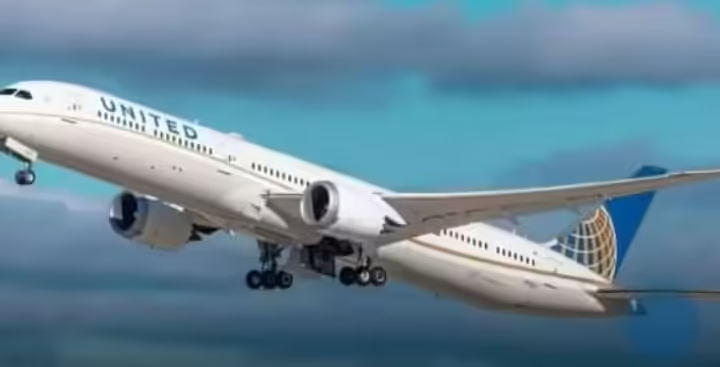United Airlines has announced the discontinuation of two international routes, affecting its operations in both New York and Washington, D.C. The decision marks a strategic shift as the airline reevaluates its global network in response to various industry pressures, including changing travel demand and economic challenges.
The first route to be cut is the direct service from Newark Liberty International Airport (EWR) in New York to Stockholm, Sweden. United Airlines had initially introduced this route with the aim of strengthening its European connections, particularly to Scandinavia. However, after evaluating performance metrics, the airline has decided to discontinue the route. Industry experts suggest that the route’s performance likely suffered due to reduced demand, especially after the pandemic, as business and leisure travel patterns shifted significantly. Scandinavian routes, in particular, have faced challenges from increased competition, fluctuating fuel costs, and changes in traveler preferences.
United’s decision to cut the Newark-Stockholm service is part of a broader trend among airlines to reassess their long-haul operations. In recent years, airlines have increasingly prioritized routes with higher profit margins, focusing on destinations with robust demand or those that offer lucrative business class opportunities. The Stockholm route, which historically had a mix of both leisure and business travelers, may not have generated the necessary revenue to justify its continuation in the face of rising operational costs.
The second route that United is ending is the service from Washington Dulles International Airport (IAD) to Berlin, Germany. This route was part of United’s broader European network, aimed at connecting U.S. travelers to major European capitals. While Berlin is a significant cultural and political hub, the route apparently failed to meet the airline’s profitability targets. Much like the Newark-Stockholm route, the Washington D.C.-Berlin service may have struggled due to post-pandemic shifts in travel behavior, rising fuel prices, and stiff competition from other airlines offering similar services.
Berlin has been a challenging destination for some U.S. carriers, given the presence of European low-cost airlines and competition from transatlantic carriers that offer more frequent or direct connections to Germany’s larger hubs, such as Frankfurt or Munich. Furthermore, United Airlines’ network strategy has leaned towards connecting travelers to key business and economic centers, and Berlin, while important, may not have drawn enough high-yield corporate travel to sustain the route.
The airline has reassured customers that it remains committed to providing international connections through its hubs in Newark and Washington. In lieu of these discontinued routes, United plans to focus on bolstering its service to more profitable markets and enhancing connectivity on routes where demand remains strong. This includes expanding its presence in other European destinations and possibly redirecting capacity to more lucrative transatlantic and long-haul markets.
Overall, these cuts highlight the challenging dynamics of international air travel in a post-pandemic world. Airlines like United are constantly adapting their route networks to balance costs and demand. While the cuts to New York-Stockholm and Washington-Berlin may be disappointing to some travelers, they reflect United’s broader efforts to streamline its operations and remain competitive in an evolving global aviation landscape.
